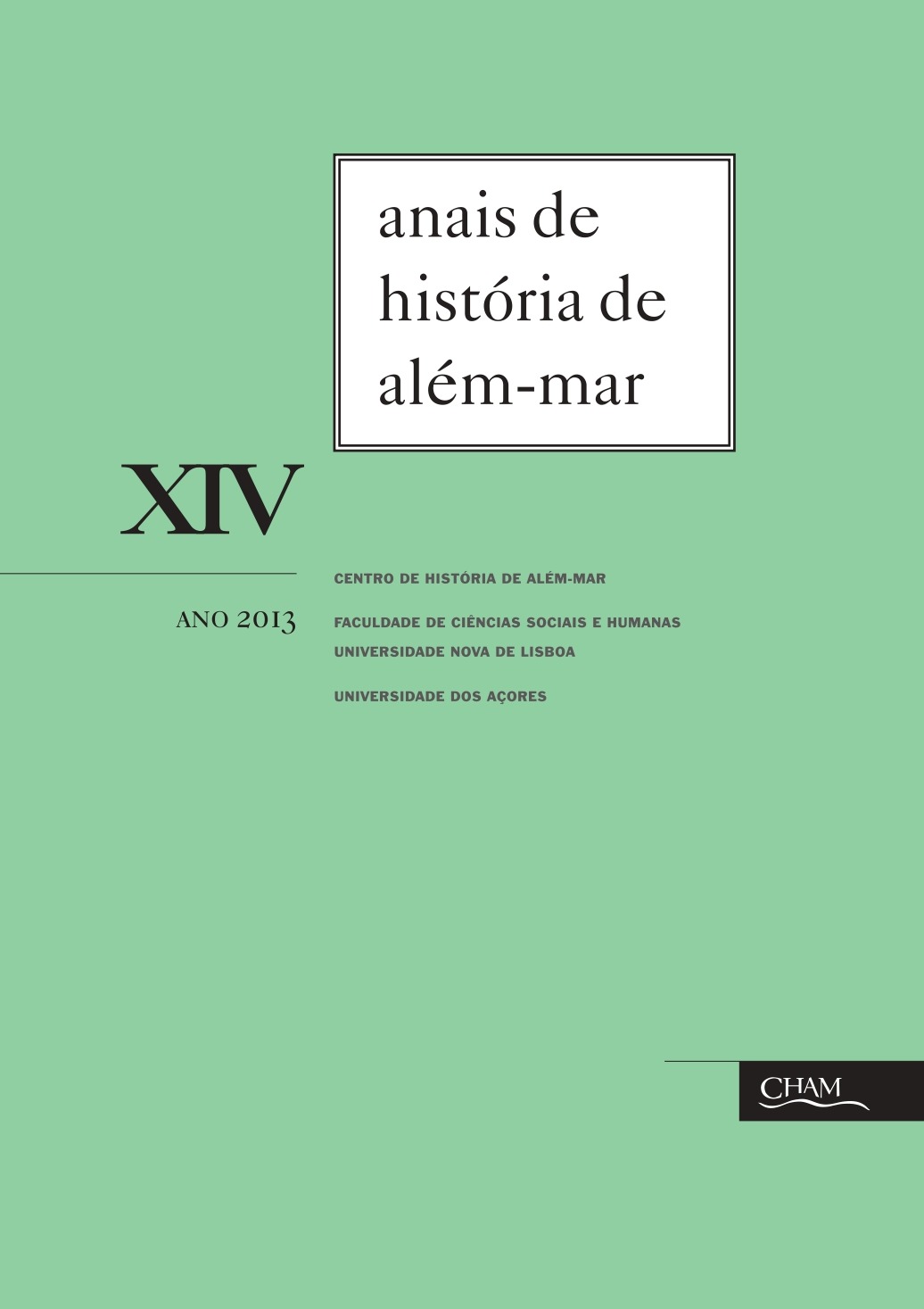Exercice et train de marchandise : juifs portugais au fil des minutes notariales à Bayonne (1695-1795)
DOI:
https://doi.org/10.57759/aham2013.37099Palavras-chave:
Cristãos-novos, Judeus portugueses, Notários, Baiona, Tipologia mercantil, Géneros coloniaisResumo
Cristãos-novos ou mercadores portugueses admitidos em França pelas cartas patentes de Henrique II em 1550, os judeus de Baiona praticavam, além do comércio, outras profissões. A análise das minutas notariais permitiu catalogar essas numerosas profissões, do porteiro ao médico, do boticário ao mestre de dança. Permitiu também estabelecer uma tipologia da sua actividade: comércio de varejo, grande negócio, banca, serviço público, corretagem, mascateagem. Permitiu ainda conhecer a sua especialização no negócio de certos géneros (têxteis, especiarias, cacau, tabaco), a sua formação (aprendizagem na firma familiar ou em Amesterdão, metrópole das nações judaicas portuguesas do Ocidente), a prática dos acordos de comércio, assim como a duração das suas carreiras mercantis e das firmas portuguesas. A duração média de actividade, de uma dezena de anos, decorria de fenómenos de imigração e de emigração que afectavam a nação judaica portuguesa de Saint-Esprit-lès-Bayonne. A permanência de algumas firmas, como a de Benjamin Louis Nuñes, revela também uma implantação durável no tecido urbano de Baiona.
Downloads
Publicado
Como Citar
Edição
Secção
Licença
Direitos de Autor (c) 2013 Gérard Nahon

Este trabalho encontra-se publicado com a Licença Internacional Creative Commons Atribuição 4.0.
Esta licença permite a utilização, distribuição, adaptação e reprodução sem restrições em qualquer meio, desde que a obra original seja devidamente citada.



